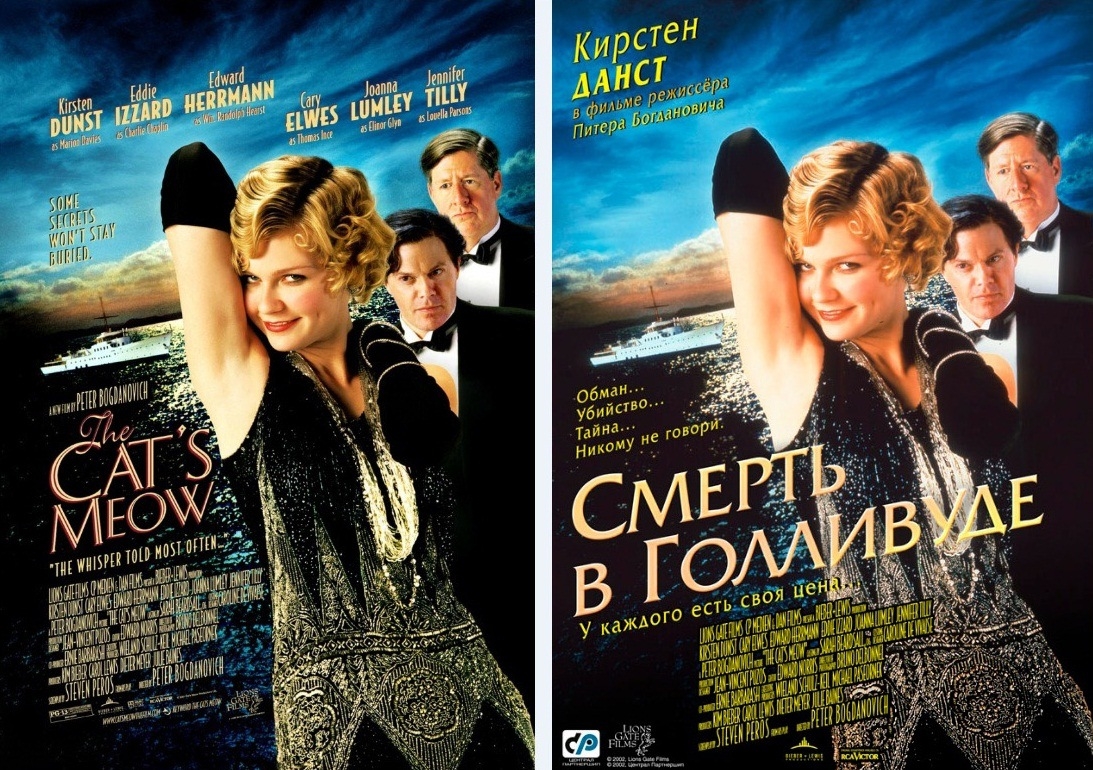Not only feature films need translation, but also documentaries. The process of duplicating popular science films has its own rules and features that are important to know in order to get a good result. While theater and film actors are most often invited to sound feature films and TV series, in the case of documentary stories, professional translators are employed. This is due to the fact that when sounding documentaries and scientific films, the main role is played by the meaning, which must be conveyed as accurately as possible.
Basic moments
Before the start of sound recording, the text of the film must be read several times, and difficult places are emphasized and worked out separately. These include sentences with a large number of numerals, difficult to pronounce phrases, formulas, words in Latin. When it comes to a documentary film, the translation of a video is usually not a fictional one, but a verbatim one. That is, even if the text seems dry due to the abundance of facts and figures, you cannot, on your own initiative, change sentences or omit words, although this is allowed when dubbing a regular film.
In the process of dubbing, the translator must “play” with his voice – make logical pauses, stop at punctuation marks and place accents correctly. But in a documentary, all text is usually read in a neutral, narrative style, which makes the information easier to grasp. Excessive emotionality in this case only distracts.
When dubbing popular science films, the diction of the translator is very important, since here the viewer primarily relies on what he hears. The voice should be moderately loud with a pleasant timbre. Unlike feature films, the gender of the translator does not really matter here. However, many directors note that the viewer perceives more positively when female announcers are used for dubbing to cover emotionally-charged topics: the birth of a child, the process of intrauterine development, health issues. At the same time, facts about mechanics, for example, sound better from the lips of male translators.

